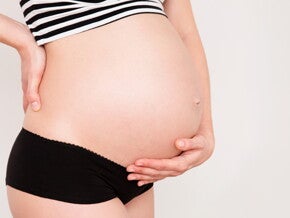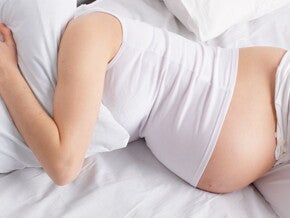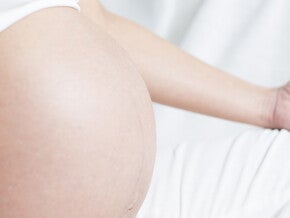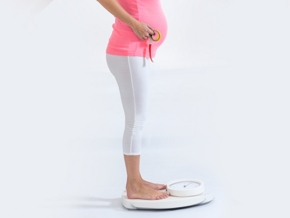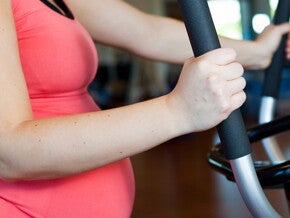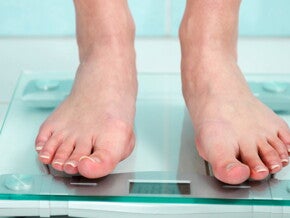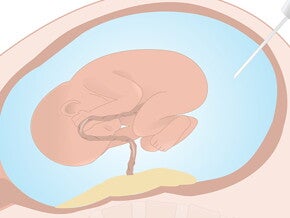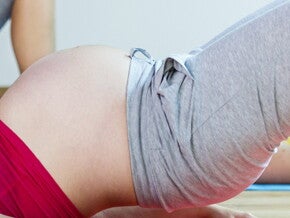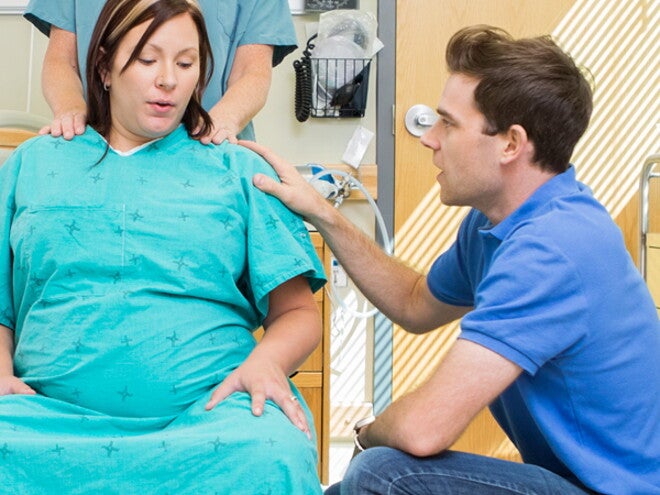
Breathing and relaxation
The Pros
-
Offers immediate relief.
-
Decreases tension and offers good pain relief.
- YOU control it.
- No side effects to you or your baby.
- Helpful under many circumstances.
- Combines well with other forms of pain relief.
- Drug-free.
- Worth much, yet costs nothing.
The cons
- Sometimes only takes the edge off the pain.
- Not helpful to everyone, and takes time and commitment to practice – the more you practice, the better and more accessible it will be in times of stress, such as labour.
- You may need instruction initially from a childbirth educator. While a single lesson is often all you need, practice is ongoing.
- The investment is worth it – you develop a life skill to use in difficult situations and keep you healthy at the same time.
- You can use the techniques at any time and in conjunction with other forms of pain relieving medication.
Breathing and relaxation – especially helpful - When labour starts – to ground yourself.
- When your contractions become painful.
- During uncomfortable procedures such as an internal examination, a drip or even an epidural.
- During first stage labour – imagine your cervix opening easily and quickly with each contraction.
- When the progress of your labour slows down.
- During transition – a very challenging time in labour as you move from first stage to second stage and start pushing.
- When you are pushing – imagine your birth canal as soft and stretchy.
- During a Caesarean – breathing and relaxation will keep you calm, alert and focused on the birth, and not so much on the surgery.
Especially helpful
- When labour starts – to ground yourself.
- When your contractions become painful.
- During uncomfortable procedures such as an internal examination, a drip or even an epidural.
- During first stage labour – imagine your cervix opening easily and quickly with each contraction.
- When the progress of your labour slows down.
- During transition – a very challenging time in labour as you move from first stage to second stage and start pushing.
- When you are pushing – imagine your birth canal as soft and stretchy.
- During a Caesarean – breathing and relaxation will keep you calm, alert and focused on the birth, and not so much on the surgery.






